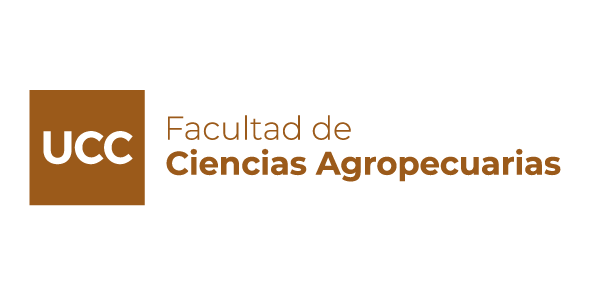Parascaris spp in Central Argentina: perspectives for control
DOI:
https://doi.org/10.22529/me.2023.8(5)05Keywords:
Parascaris spp, Foals, Anthelmintic resistanceAbstract
Parascaris spp is the most prevalent and significant parasite in foals worldwide. It can induce
malabsorption syndromes and growth retardation in severely parasitized animals. However, the most
critical clinical manifestation is small intestinal impaction, which may occur in a small proportion of
infected foals and it is associated with a guarded prognosis for survival. Adult animals develop strong
immunity after two years of age and it may be found only occasionally, holding low clinical significance
unless in exceptional cases. Control is primarily reliant on the administration of anthelmintics; however,
resistance to macrocyclic lactones is currently widespread worldwide. In our country, there are no studies
regarding the prevalence of these phenomena, and documented cases are limited to specific farms in the
province of Córdoba1,2. The objective of this report is to expand and update data and evidence regarding
the inefficacy of macrocyclic lactones for Parascaris spp control in the central region of Argentina, as well
as to provide information on therapeutic alternatives and new tools to enhance coproparasitological
analyses for improving diagnostic accuracy and parasite control.
Published
How to Cite
Issue
Section
License
Copyright (c) 2023 Methodo Investigación Aplicada a las Ciencias Biológicas

This work is licensed under a Creative Commons Attribution-NonCommercial-ShareAlike 4.0 International License.




















